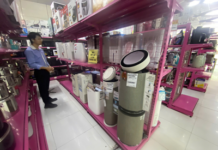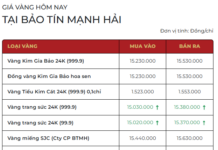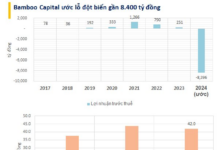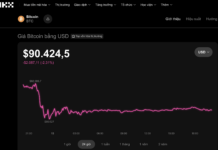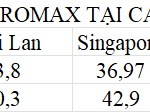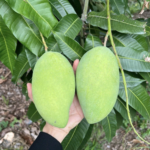Over the years, Vietnamese consumers have likely come across the term “iPhone Lock.” iPhone Lock refers to iPhones purchased from a network carrier under a contract and are software-locked to only work with that carrier’s SIM cards.
iPhone Locks are imported into Vietnam and sold at significantly lower prices than their international counterparts, with price differences reaching millions of dong. When purchasing an iPhone Lock, users must accept that they will have to use a SIM adapter for the lifetime of the device and may experience issues such as unstable signal, missed calls, and contact name display problems.
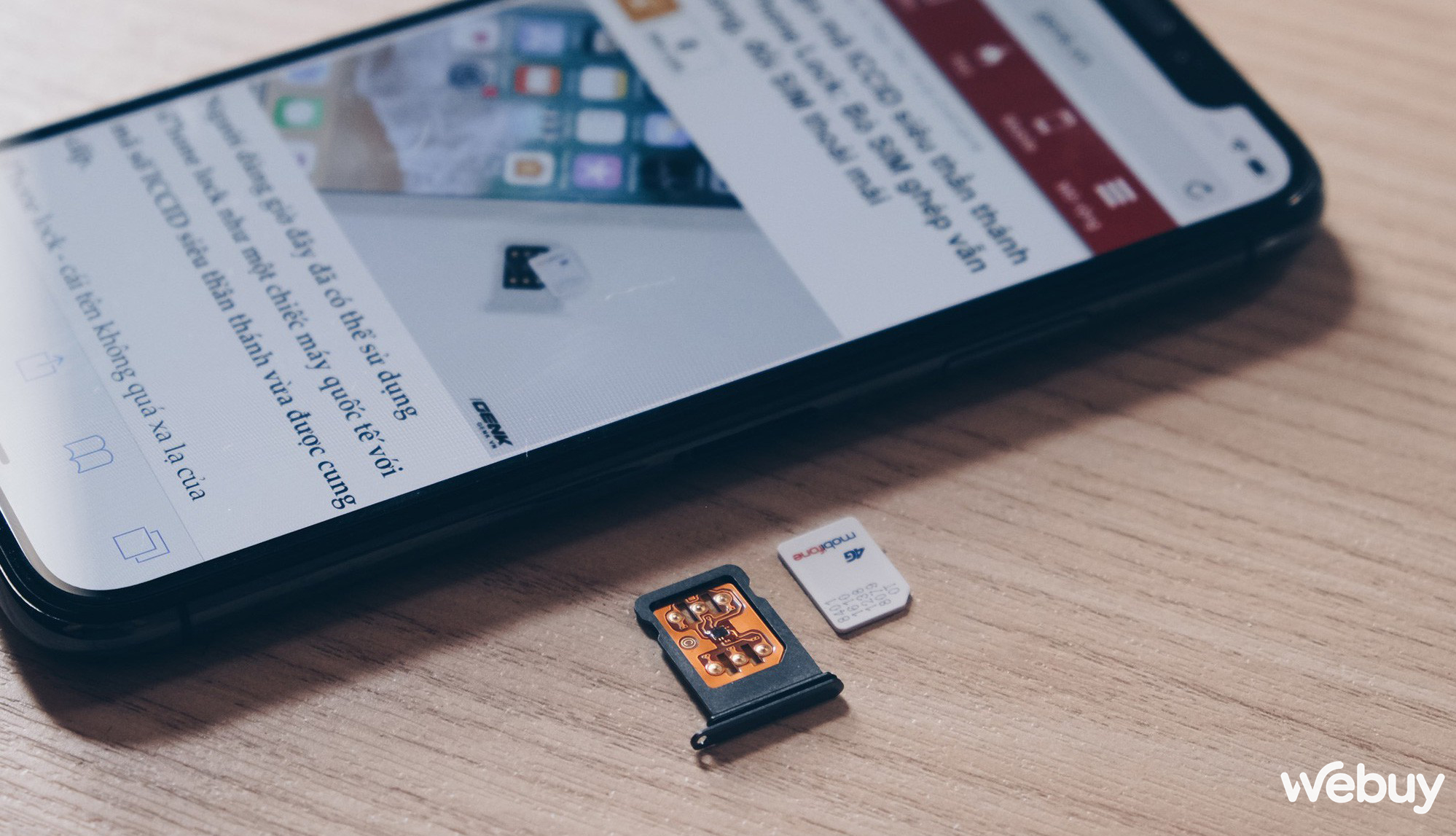
iPhone Locks are familiar to Vietnamese users
For iPhone 14 models and above originating from the US, as they do not have a SIM tray, iPhone Locks will require hardware modifications to “install” a SIM tray, including CNC machining the device’s casing.
iPhone Locks have coexisted with international iPhones in Vietnam for over a decade. However, we have never heard of the concept of iPad Lock until Apple’s recent launch of its new iPad models.
Alongside upgrades to the display and performance, the new iPad Pro M4 and iPad Air M2 models introduce a change that may go unnoticed by some: the complete removal of the SIM tray on the 5G version. Unlike iPhones, where Apple only removes the SIM tray for US models, this change applies to all iPad models worldwide.
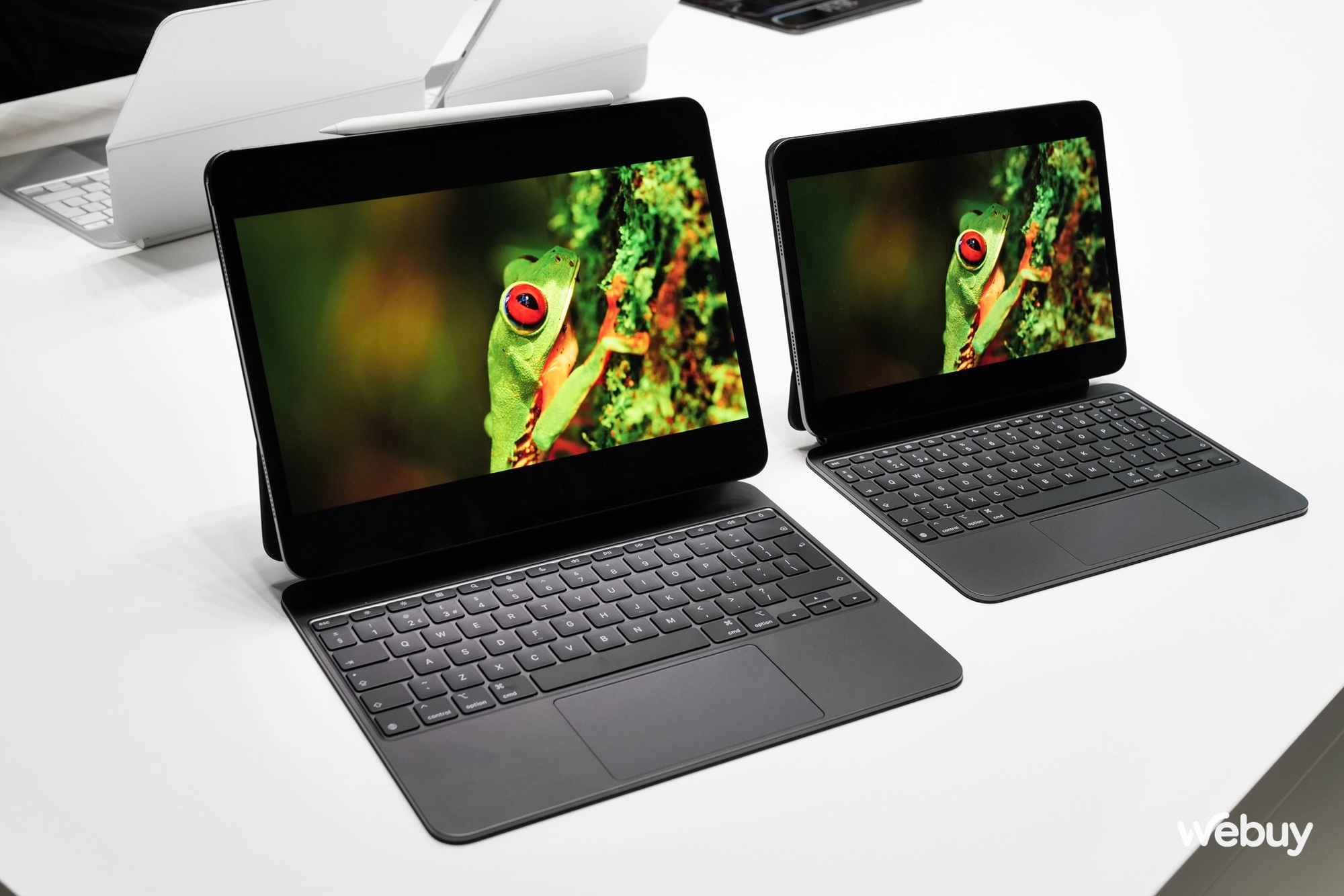
Apple’s newly launched iPad Pro M4
This means that users of the new iPads are required to use eSIMs. However, some iPad Pro M4 models (and possibly iPad Air M2) on the market are found to have their eSIM feature locked, preventing users from accessing 4G/5G connectivity. In other words, these are “iPad Locks.”
These iPad Locks originate from the US market (model code LL/A) and are primarily associated with the Verizon network carrier. Due to certain contract restrictions with the carrier, these iPads have not been unlocked to support eSIMs.
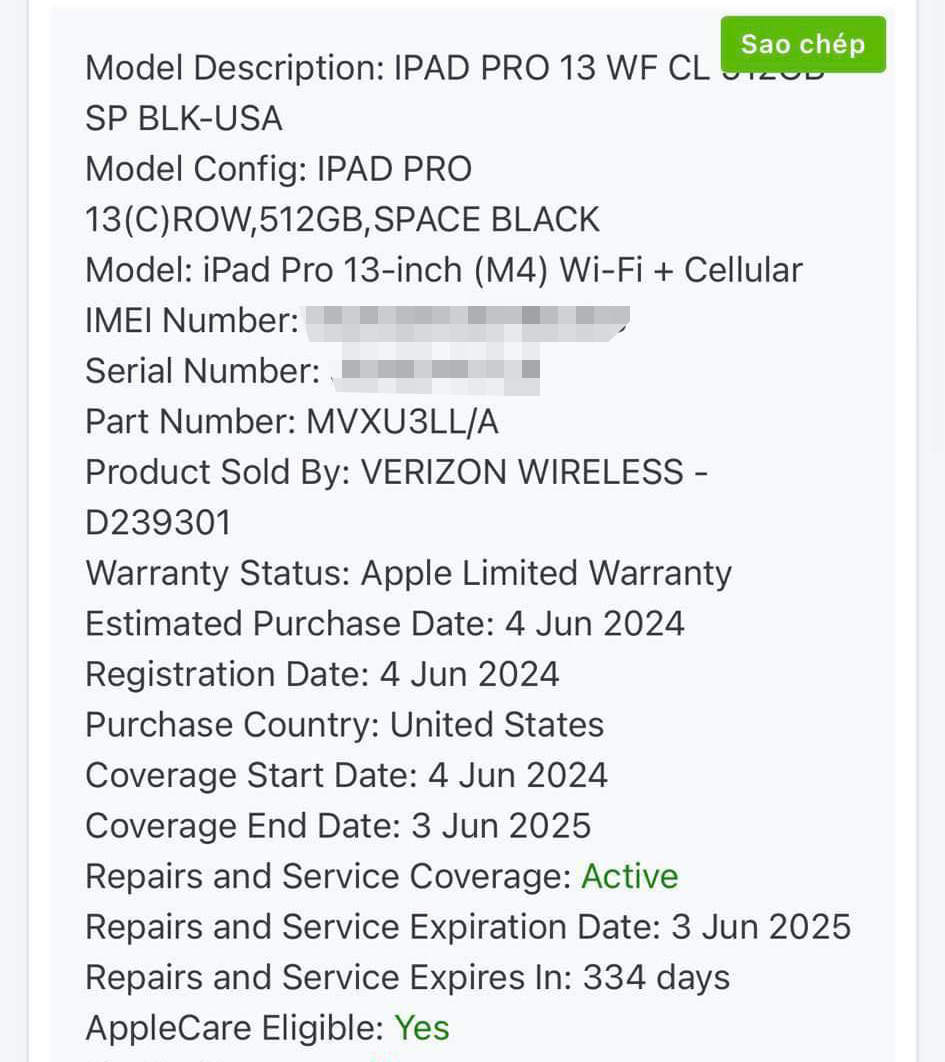
An iPad with a Verizon (US) origin
T.H., an Apple product trader in Hanoi, shared his bitter experience of selling an iPad Pro M4 LL/A model without realizing it was a locked version. After the customer attempted to add an eSIM through a Vietnamese carrier without success, T.H. checked the IMEI and discovered it was a locked device.
Despite his years of experience selling iPads from various markets, T.H. stated that this was the first time he encountered an iPad Lock. He also mentioned that even his supplier was unaware that the iPad Pro M4 was eSIM-locked. As a result, both T.H. and his supplier had to bear the loss and refund the customer the difference between the 5G and Wi-Fi models.
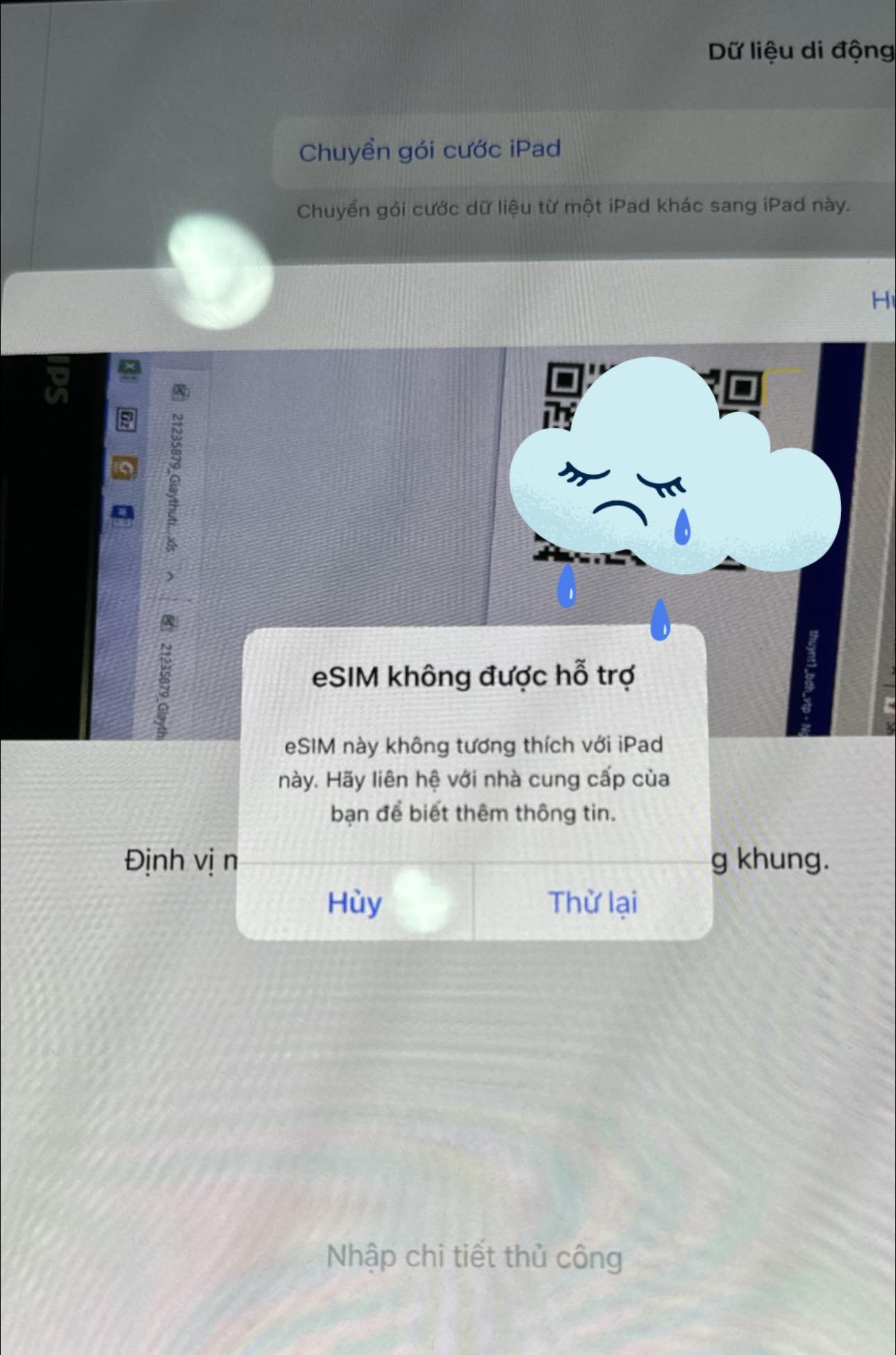
Users are unable to add eSIM to the “iPad Lock” (Image: T.H.)
IPhone 15 Pro Max “max option” arrives in Vietnam: Shockingly cheap prices, but beware of these considerations
The 1TB version of the iPhone 15 Pro Max is now arriving in Vietnam at a significantly lower price compared to the official retail price.


